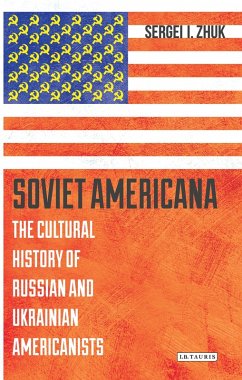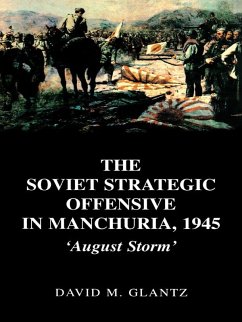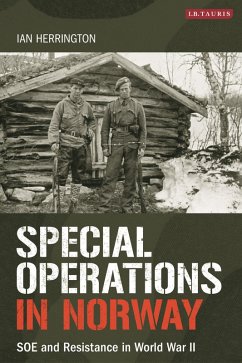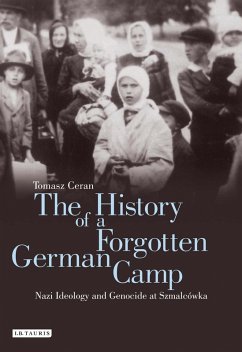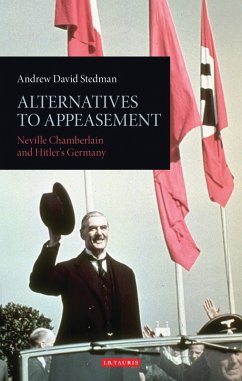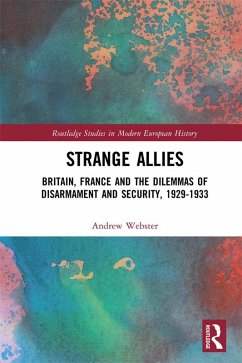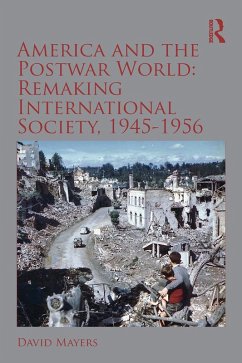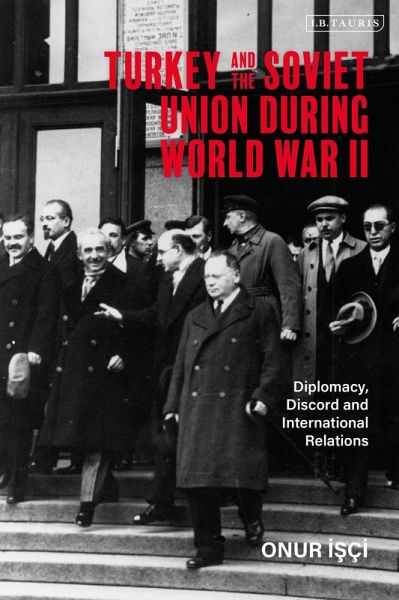
Turkey and the Soviet Union During World War II (eBook, ePUB)
Diplomacy, Discord and International Relations

PAYBACK Punkte
13 °P sammeln!
Based on newly accessible Turkish archival documents, Onur Isci's study details the deterioration of diplomatic relations between Turkey and the Soviet Union during World War II. Turkish-Russian relations have a long history of conflict. Under Ataturk relations improved - he was a master 'balancer' of the great powers. During the Second World War, however, relations between Turkey and the Soviet Union plunged to several degrees below zero, as Ottoman-era Russophobia began to take hold in Turkish elite circles. For the Russians, hostility was based on long-term apathy stemming from the enormous...
Based on newly accessible Turkish archival documents, Onur Isci's study details the deterioration of diplomatic relations between Turkey and the Soviet Union during World War II. Turkish-Russian relations have a long history of conflict. Under Ataturk relations improved - he was a master 'balancer' of the great powers. During the Second World War, however, relations between Turkey and the Soviet Union plunged to several degrees below zero, as Ottoman-era Russophobia began to take hold in Turkish elite circles. For the Russians, hostility was based on long-term apathy stemming from the enormous German investment in the Ottoman Empire; for the Turks, on the fear of Russian territorial ambitions. This book offers a new interpretation of how Russian foreign policy drove Turkey into a peculiar neutrality in the Second World War, and eventually into NATO. Onur Isci argues that this was a great reversal of Ataturk-era policies, and that it was the burden of history, not realpolitik, that caused the move to the west during the Second World War.




